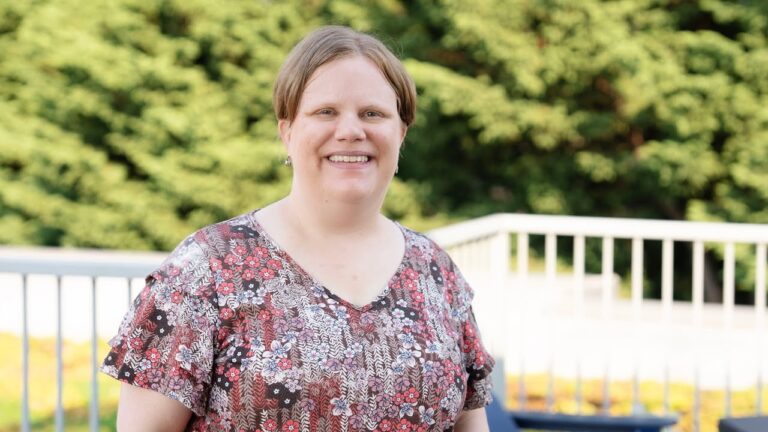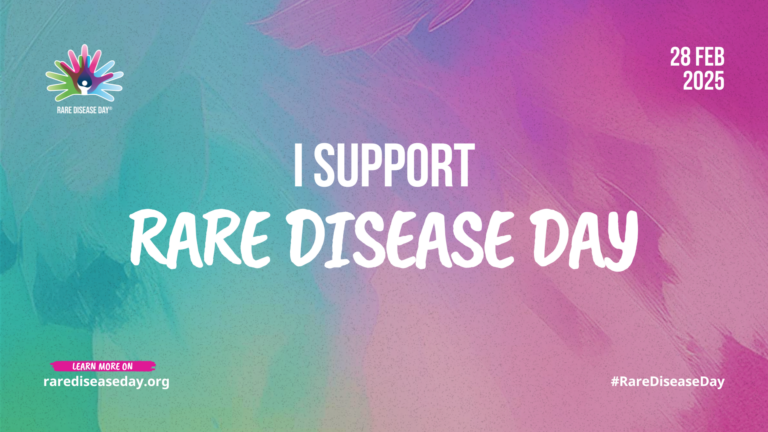IdiopathicThe term idiopathic is used when there is no detectable reason for something. Click the term to read more Intracranial Hypertension (IIH) is a rare neurological condition. Providers encounter this disease infrequently compared to other diseases, making the patient journey from symptom to diagnosis a long and complex one. There can be roadblocks along the way such as access to the right provider and healthcare insurance can add another layer to this process.
Navigating through the healthcare system with IIH in the United States is a multistep process that will require endurance, attention to detail and patience from you and your support system.
Strength in numbers
You are not alone. You have a team, it is your family, friends, co-workers, and the growing group of people in the IIH community. Everyone is here to lend a helpful hand, give advice, or be a trusted resource.
Create a team. Choose ones that you can share your personal information with so they can attend appointments and schedule testing. Create a shared notes folder on your smartphone or journal so that when you see a provider, you can ask the right questions or give detailed answers.
Taking the first steps
It may be tiny steps. You may take a few steps forward and one step back but at least you are moving in the right direction. On a bad symptom day or week, it is possible nothing will get done. You may not be able to go to work, let alone sit on the phone for hours to get insurance approval or search for the right provider. Do not be afraid to designate someone you trust to help.
- If you have insurance, know what your deductible is and what the costs are after you meet your deductible.
- Ask your provider’s team to ensure that your physician is on your insurance plan.
- Double check with your insurance company what coverage you have for special tests and procedures.
- Pay close attention to the interval between special tests and advanced imaging. At times your plan may only cover expensive tests once a year. Knowing this information can help you create a spreadsheet to prevent being charged out-of-pocket.
- Ask your insurance company if you are able to see a specialist out of network and what percentage, if any, would be covered.
- See if your insurance plan will allow you to see a specialist via telemedicine.



